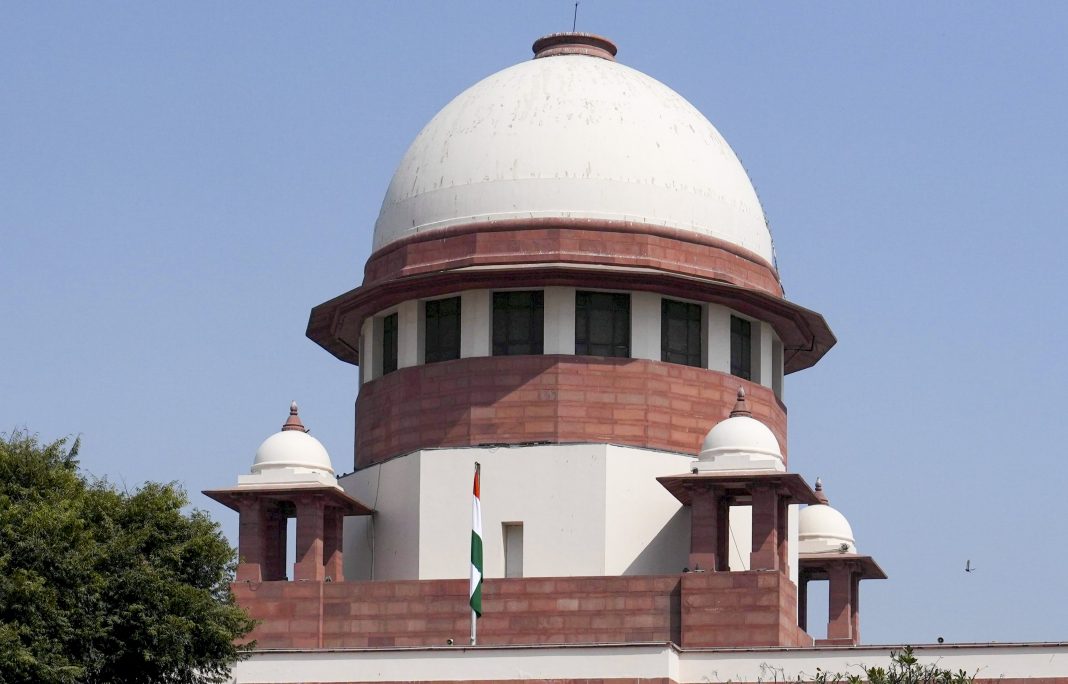Kolkata, Aug 7: Observing that judges should never be “bloodthirsty”, the Jalpaiguri Circuit Bench of the Calcutta High Court has ordered commutation of the death sentence of a man to life imprisonment for the murder of his maternal uncle.
Passing the judgment, Justice Sabyasachi Bhattacharyya said that the evolution of society has been towards a reformative approach towards penology, as opposed to a retributive approach.
“There are three cardinal pillars of punishment — retribution, deterrence and reformation. Whereas deterrence still holds good as a justification, retribution has gradually given way to the reformatory aspect of penalties in modern criminal jurisprudence, both in India and elsewhere,” the court said.
Justice Bhattacharyya commuted the death sentence awarded to Aftab Alam by the Jalpaiguri sessions court for committing offence under Section 396 (dacoity with murder) to life sentence for the rest of his life, without any option of premature release for 20 years, unless exceptional circumstances are made out to the satisfaction of the court concerned.
“Judges should never be bloodthirsty. Hanging of murderers has never been too good for them,” Justice Bhattacharyya observed.
Upholding the conviction of Alam by the trial court for the murder of his maternal uncle at Dhupguri in Jalpaiguri district on July 28, 2023, while committing dacoity at his house along with five other associates, Justice Bhattacharyya, while passing the judgment earlier this week, said that the crime does not fall under the ‘rarest of the rare’ category.
Noting that in a landmark judgment in 1980 by the Supreme Court in the Bachan Singh versus State of Punjab case, a word of caution was put in, to the effect that “judges should never be bloodthirsty”.
“The alteration of the names of jails from ‘prisons’ to ‘correctional homes’ in recent times is for a reason, reflecting the transition from the basic bloodthirsty instinct of society to take revenge to a more civilised policy of attempting to reform the accused, on the principle that one should hate the offence and not the offender,” Justice Bhattacharyya observed.
He said that there has been a debate around the world as to the retention of the death sentence as a punishment, however heinous and grave the offence may be.
“The anti-death penalty camp argues that if deterrence is taken to be a reason for punishment, a lifetime of imprisonment is as good as a death sentence. Rather, a lifetime behind bars, which denudes the convict of his freedom for his entire life, is a preferable form to punish him than death, which takes place in a flash,” he noted.
Justice Bhattacharyya observed that, pitting the pros and cons against each other, if a person is hanged or otherwise killed by dint of a death penalty, the damage done is irreversible.
He said that even if subsequently some new light is shed on the investigation or there is discovery of some new evidence or something to justify the reopening of the investigation, “there would be no chance of bringing back a life which has already been taken; thus, the death penalty is irreversible.”
Alam’s lawyer argued that there was no evidence to show that the murder was pre-planned or cold-blooded or to conclude that the same fell under the category of “rarest of the rare” cases and that the trial judge did not consider the possibility of reformation at all.
The additional public prosecutor, appearing for the state, contended that the crime was established beyond doubt and prayed that the capital punishment awarded to the appellant by the trial court be upheld.
Holding that the court finds no evidence adduced by the state that the convict is beyond reform, Justice Bhattacharyya said that the young age of Alam, who is in his twenties, is another mitigating factor which precludes awarding the death sentence.
Noting that Alam was residing at Delhi for a long time after leaving his maternal uncle’s house at Dhupguri, where he had earlier stayed for some years, the high court said that the “position of trust” approach cannot be applied, since at the time of the offence, the appellant was long gone from the shelter of his uncle.
It noted that the “betrayal” angle, per se, does not justify the death penalty. (PTI)




